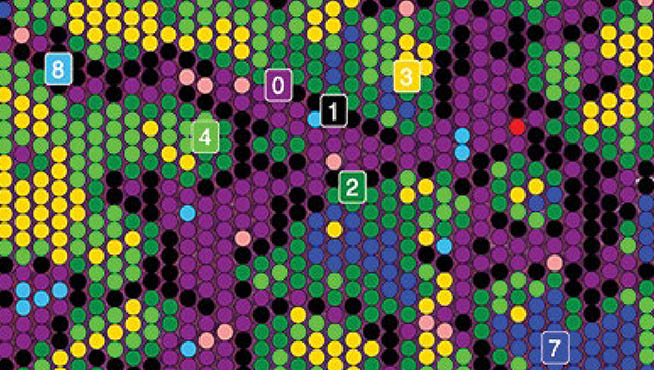Claudio Tripodo
Claudio Tripodo, born in Palermo in 1978, is a pathologist specializing in tumor immunology, with a strong focus on studying the tumor microenvironment. He graduated in Medicine and Surgery in 2002 from the University of Palermo with top honors, including summa cum laude and a commendation for his experimental thesis. During his university years, he developed a passion for immunopathology, attending the Immunology Unit at the same university. After graduation, he continued his training, completing his specialization in Pathology in 2007, again with honors. In the early years of his career, he collaborated with prominent national and international research institutes, consolidating his expertise in diagnostic and experimental pathology. In 2005, he joined the Immunology Laboratory at the University of Trieste, under the guidance of Prof. Francesco Tedesco, where he focused on studying the Complement system and its role in neoplastic diseases treated with monoclonal antibodies, deepening his understanding of the interactions between tumor cells and the immune system. Of particular note is his close collaboration with the National Cancer Institute in Milan, where, under the supervision of Dr. Mario Paolo Colombo, he studied matricellular proteins and their role in the pathogenesis and progression of hematological malignancies. In 2011, Tripodo founded the Tumor Immunology Laboratory at the University of Palermo, a research laboratory dedicated to characterizing the immunological and stromal microenvironment of both solid and hematological tumors. Under his leadership, the laboratory has become a key reference point for translational research, focusing on understanding tumor microenvironment mechanisms through the development and application of tissue-based investigations utilizing digital and molecular pathology. With over 280 publications in high-impact scientific journals, Tripodo is internationally recognized for his contributions to the fields of pathology and tumor immunology. His research has provided new insights into immune evasion mechanisms and stromal cell adaptation in the context of cancer. In 2024, he moved to Milan to lead the Laboratory of Advanced Pathology at IFOM, where he continues to pursue innovative research on tumor heterogeneity, stromal microenvironment remodeling in carcinogenesis, and hematopoietic alterations associated with tumor development.
